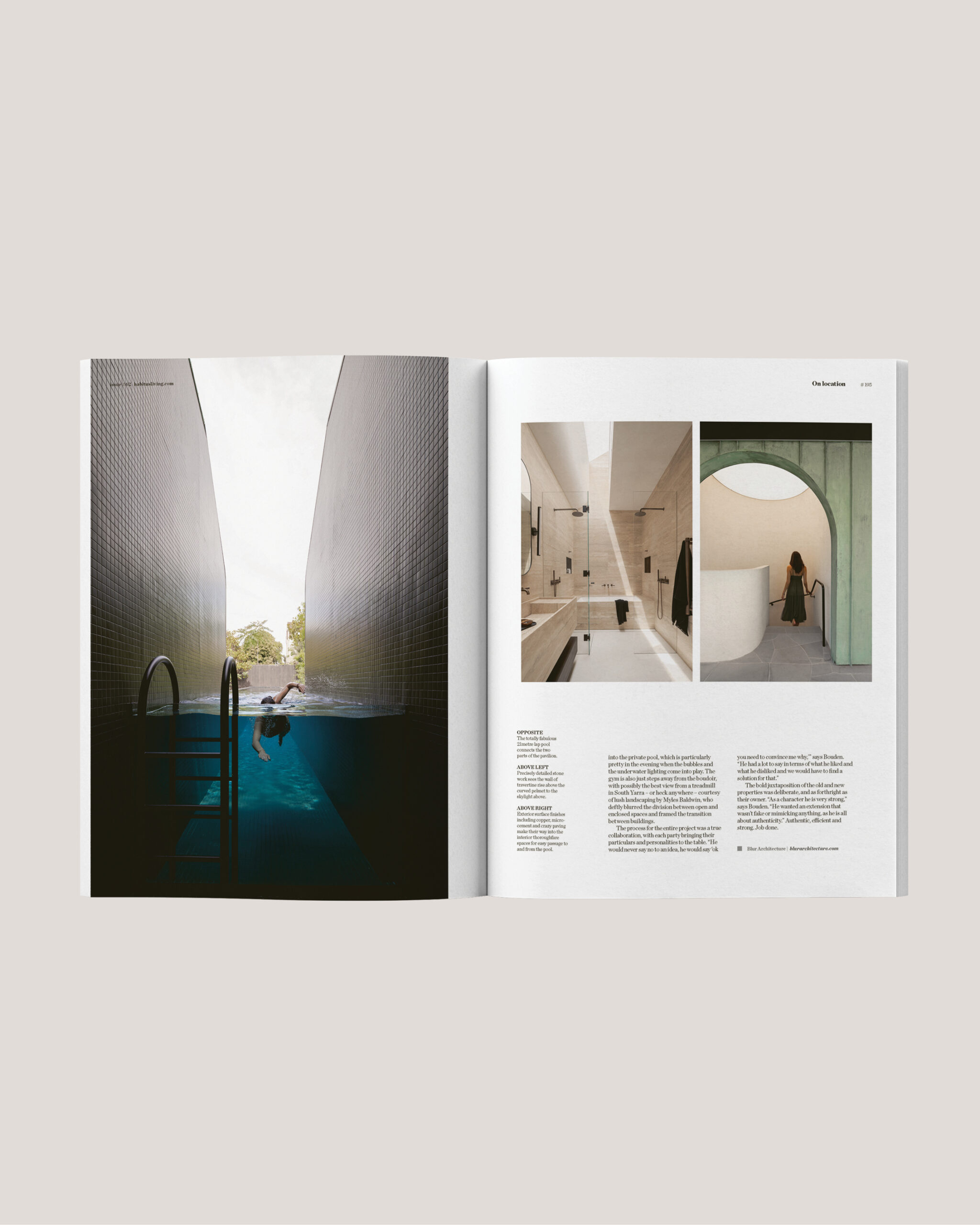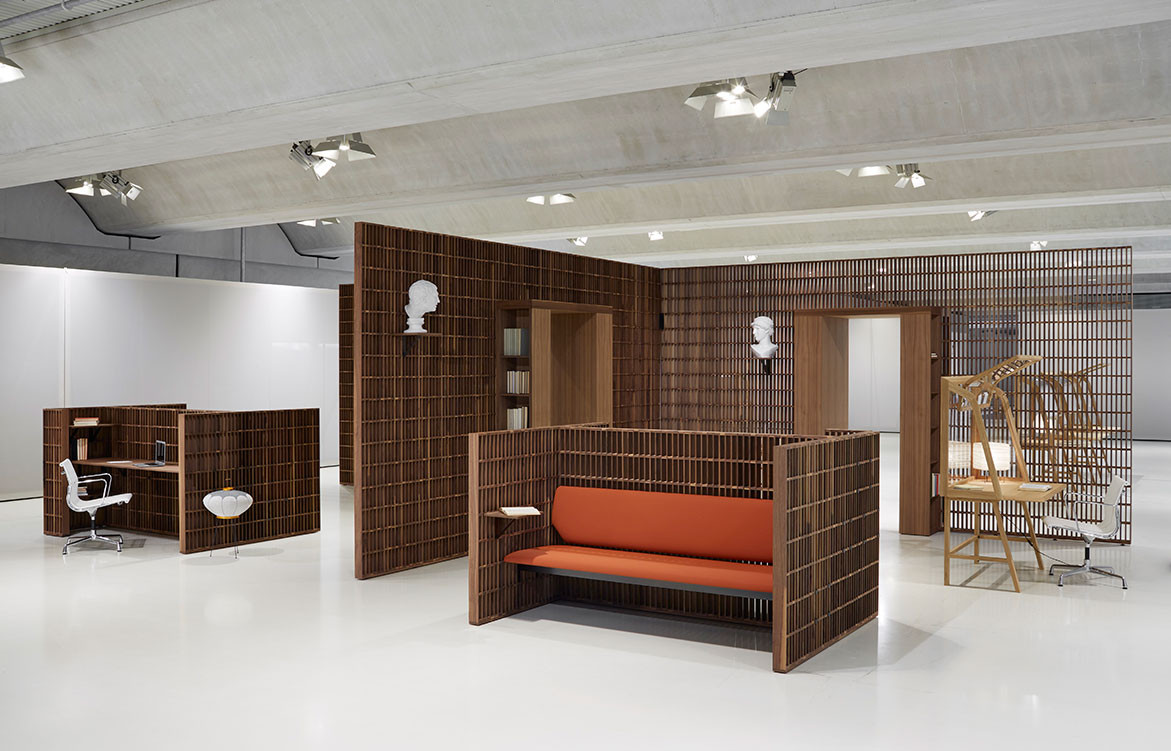Architect and designer Michele De Lucchi was in Sydney in March 2019 for the opening of the new UniFor Vitra showroom in Sydney. De Lucchi has been at the forefront of progressive design for more than four decades, producing work that has become seminal in the history of design.
Michele De Lucchi has been a prominent figure in the Italian design world since the 1970s, crafting architecture, furniture, lamps, appliances, office equipment, and a variety of everyday products into bold, original and provocative designs.
De Lucchi came of age at a time in the late 1960s and early 1970s when Italian designers were rebelling against the rationalism and rigidity of modernism that had reigned throughout the mid-twentieth century. Graduating from architecture in the 1970s, De Lucchi joined the radical Studio Alchimia group in 1978, and in 1981, he joined Ettore Sottsass and other Milanese architects and designers to form the Memphis Group. Together they created a fun, youthful and colourful world with expressive designs that challenged conventional furniture forms and encouraged new ways of living.
Challenging the conventions of modernism, Memphis created provocative, fresh, and surprising designs, embracing the ephemeral rather than enduring. “If you think to create something for longevity, you fall into banality,” he says. And while Memphis pieces are undoubtedly a product of their time, De Lucchi’s Tolomeo desk lamp for Artemide, also designed in the mid-1980s, has become a timeless, lasting design.
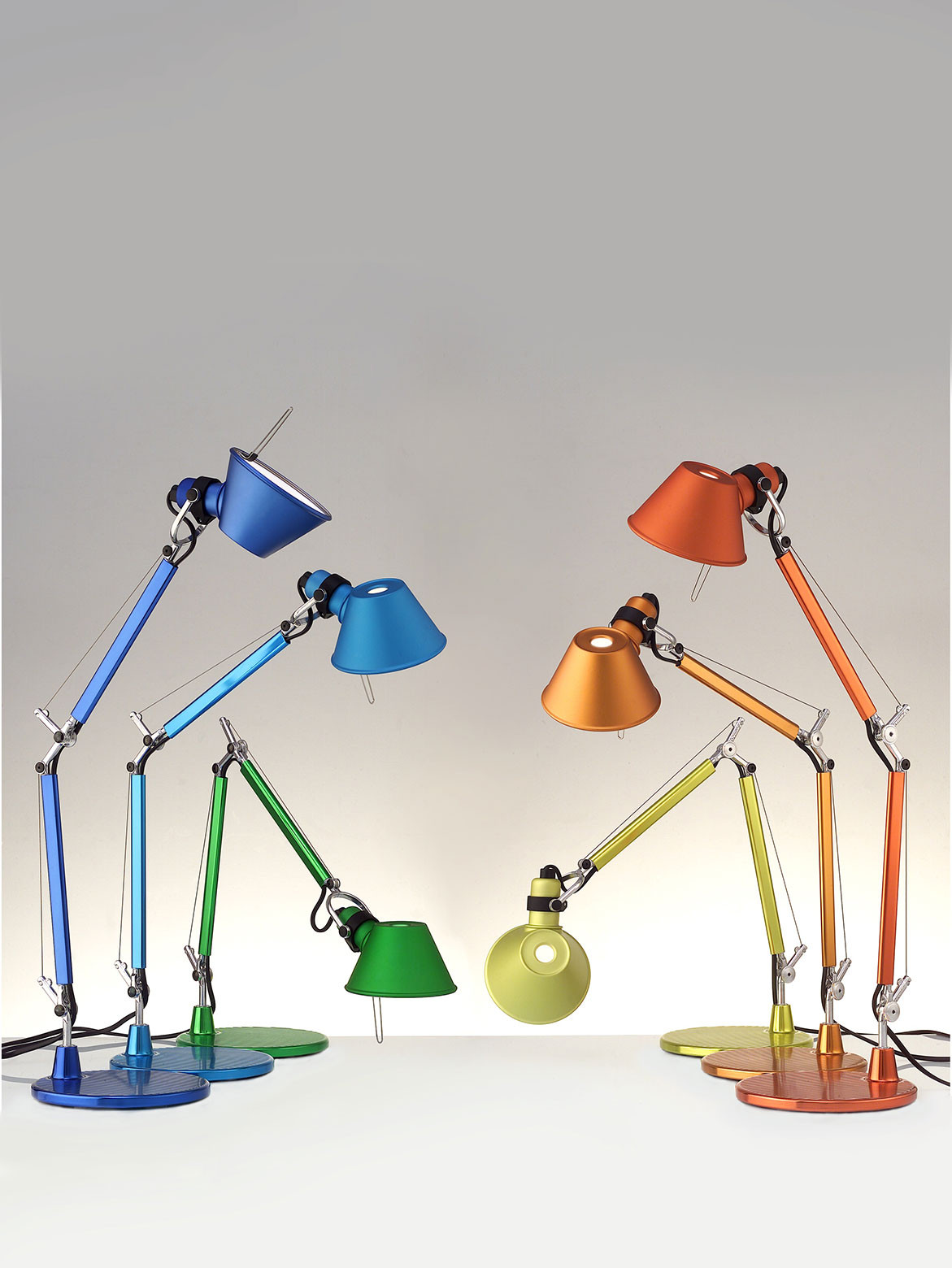
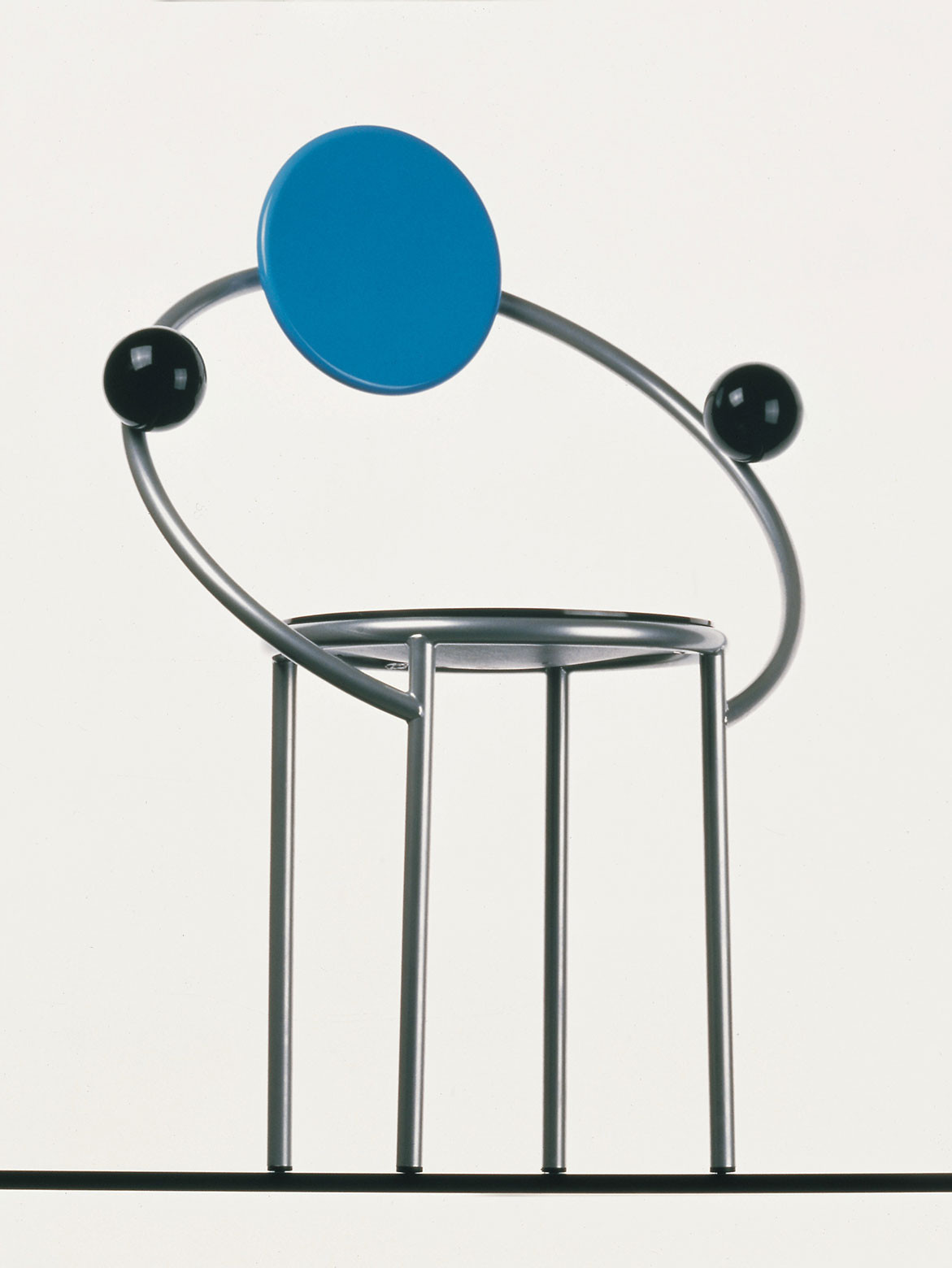
Memphis disbanded in 1988 and De Lucchi became Director of Design at Olivetti where he designed office furniture, cash registers, computers, fax machines, printers and an ATM, which have become iconic for their experimental and now classic, retro design.
These days, De Lucchi is interested in how to harness the potential of technology, yet counter its isolating effects. “Civilization is always optimising what we have and creating a better world for generations to come. The imagination of the best possible lifestyle is much more ambitious today, and architecture and design reflect this ambition,” he says. His work has a strong connection to nature and is designed for both intimacy and sociability, as his workplace collections for UniFor demonstrate. Hatch and Secretello are delicately crafted with timber and have visual permeability to create public and private space. “The workplace today is a matter of independent objects as sculpture,” he says. “Every object needs to have a meaning, an attraction, a function, and we appreciate the artistic value.”
Indeed, objects offer a window to understanding history and De Lucchi’s legacy of design work is significant and seminal. “When I see that my ideas, my objects, my design is influencing, I feel very happy that I was able to touch something and that I have something in common with other designers,” he says.
UniFor
unifor.it
Cover photo UniFor Hatch by Michele De Lucci
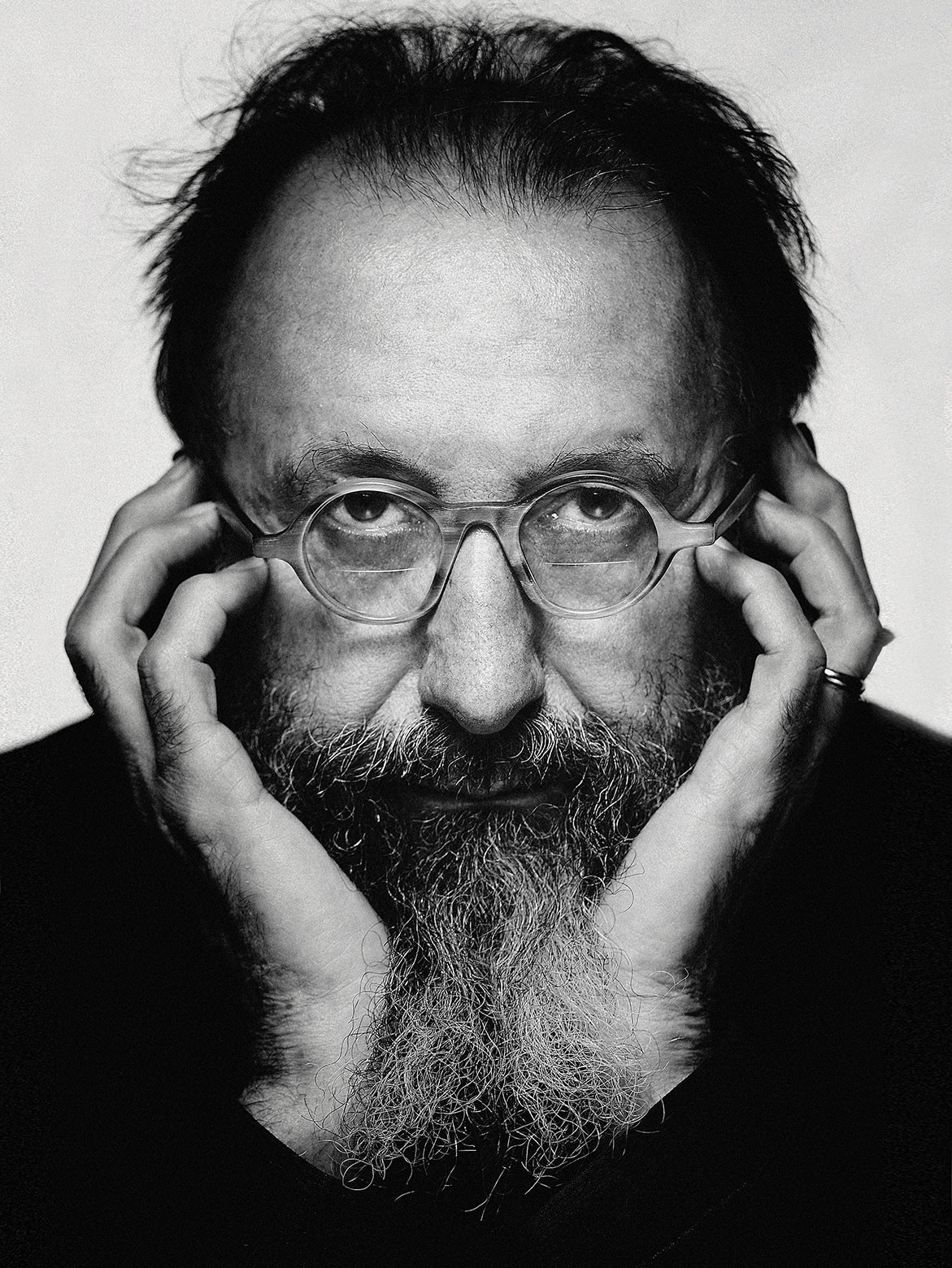
We think you might also like The Duality Of Designer Sabine Marcelis
